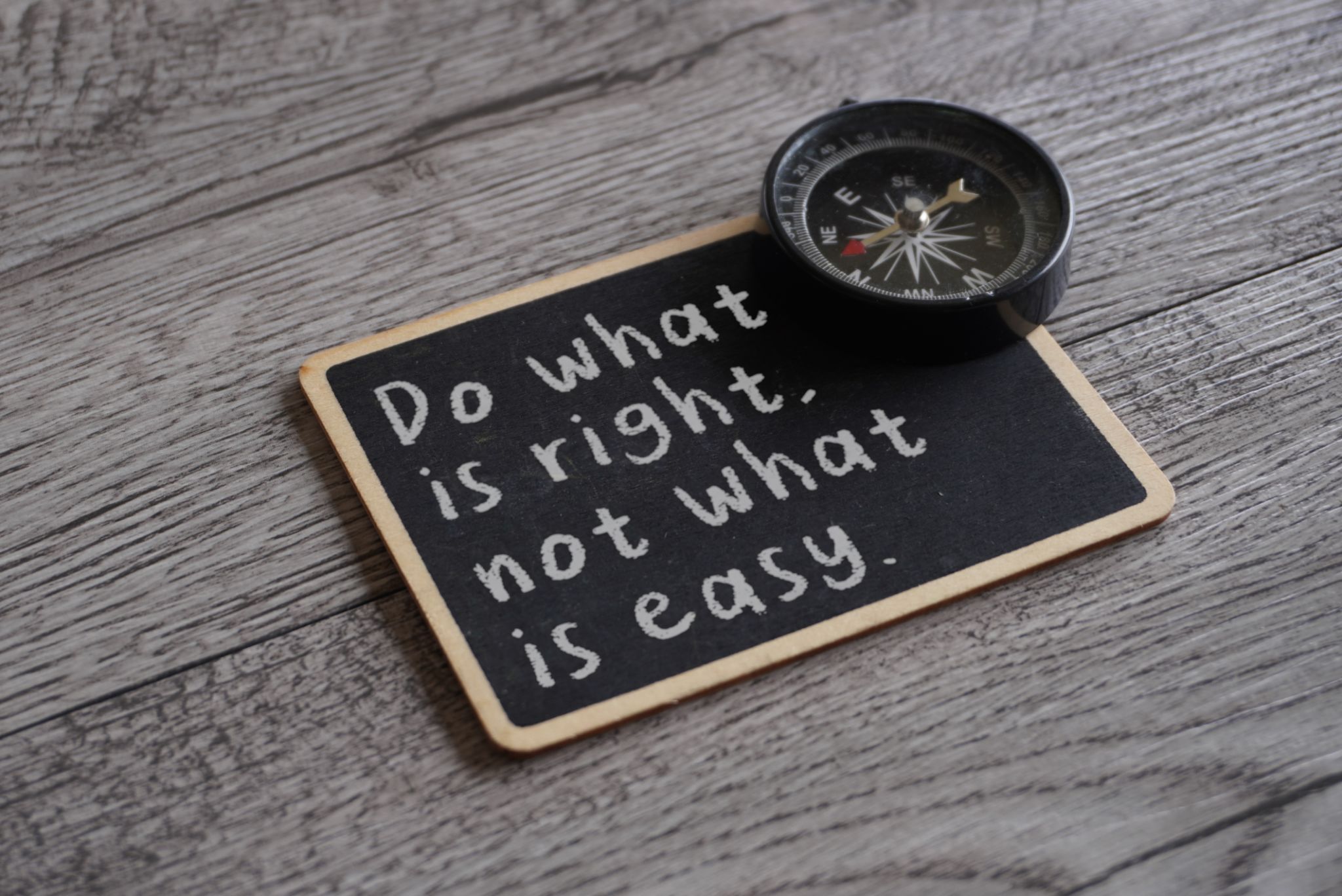Ethics in Healthcare: A Personal Journey

Healthcare is more than a profession—it's a calling that demands a strong ethical foundation. Throughout my career, both as a nurse on the front lines of a global pandemic and a former Army Combat Veteran, I have witnessed the critical impact of ethical practices in medical settings. Today, I want to share my insights on why maintaining high ethical standards is not just important, but absolutely essential in healthcare.
Transparency and Trust
The relationship between healthcare providers and patients is built on trust. This trust is nurtured through transparency in all interactions and decisions. When I went undercover at Elmhurst Hospital during the COVID-19 outbreak, I witnessed a breakdown of this fundamental component. Transparency in patient care, treatment options, and hospital operations must be upheld to ensure that patients can make informed decisions about their health. It’s not just about providing information; it’s about making it understandable, accessible, and honest.
Advocacy and Accountability
As healthcare providers, we must be advocates for our patients. This means standing up for their rights, ensuring they receive the best possible care, and protecting their welfare. However, advocacy also extends to holding our colleagues and the systems we work within accountable. During challenging times, such as the pandemic, the pressure on healthcare systems can lead to decisions that may compromise patient care. It is our duty to speak up against such compromises and strive for the highest standards of care.

Informed Consent
One of the pillars of ethical healthcare is informed consent. Patients have the right to understand the risks, benefits, and alternatives of any treatment. They should receive this information in a way that is clear and comprehensible, which empowers them to make decisions that best align with their personal health goals and values. As a nurse, ensuring that informed consent is obtained is not just a legal obligation, but a moral one.
Cultural Sensitivity and Inclusivity
Ethics in healthcare also encompasses cultural sensitivity and inclusivity. Every patient comes from a unique cultural, social, and personal background, and these factors deeply influence their health beliefs and behaviors. Being culturally sensitive is not just about avoiding misunderstandings or offenses—it's about respecting and integrating these differences into the care plan to provide truly personalized care.
Continual Learning and Improvement
The field of medicine is ever-evolving, and staying updated with the latest developments is a part of our ethical duty. Continuous education, attending workshops, and being involved in professional communities are essential to remain competent and provide the best care possible. Moreover, we must also learn from our experiences and be willing to adapt and improve our practices continuously.
Ethics are the backbone of healthcare. They guide us in providing care that is not only effective but also compassionate and respectful of the dignity of every patient. My experiences have taught me that when ethics are prioritized, patient outcomes improve and the healthcare environment becomes more supportive and sustainable. Let us all, as healthcare professionals, commit to these ethical principles and lead with integrity, courage, and empathy.
This reflection is not just a summary of professional guidelines but a heartfelt plea for a return to the core values that should define our healthcare system. I invite my fellow healthcare professionals to join me in this crucial dialogue to elevate the standard of care we provide. Together, we can ensure that ethics remain at the forefront of everything we do in our journey to heal and help.
